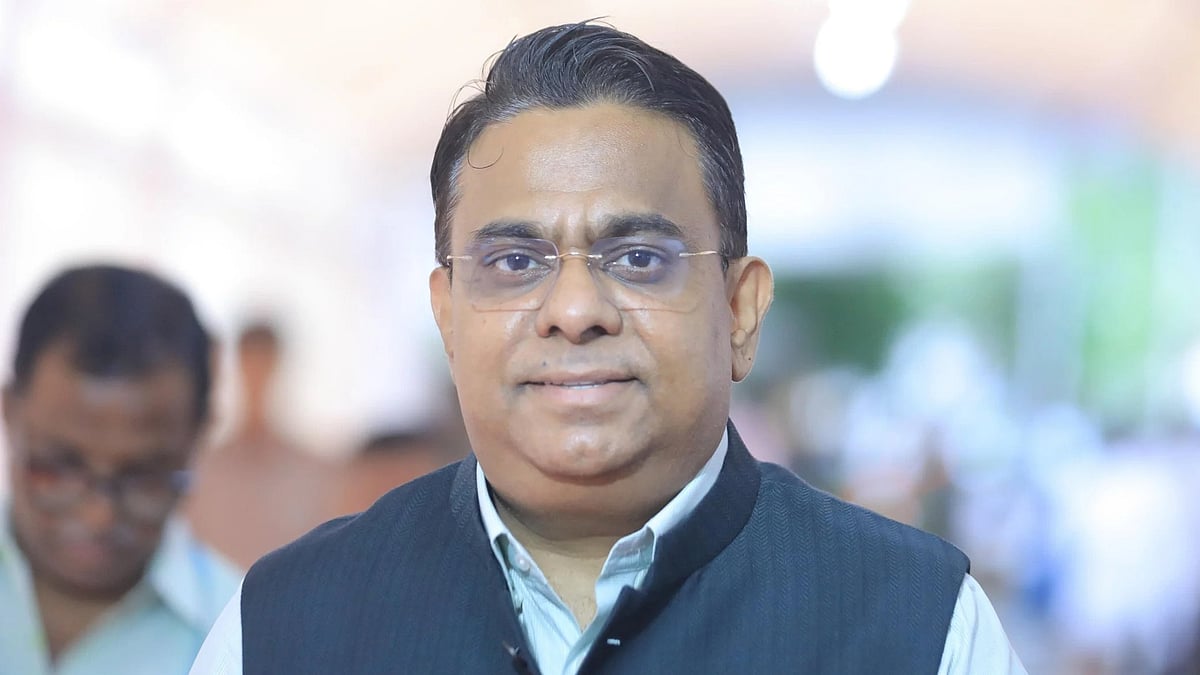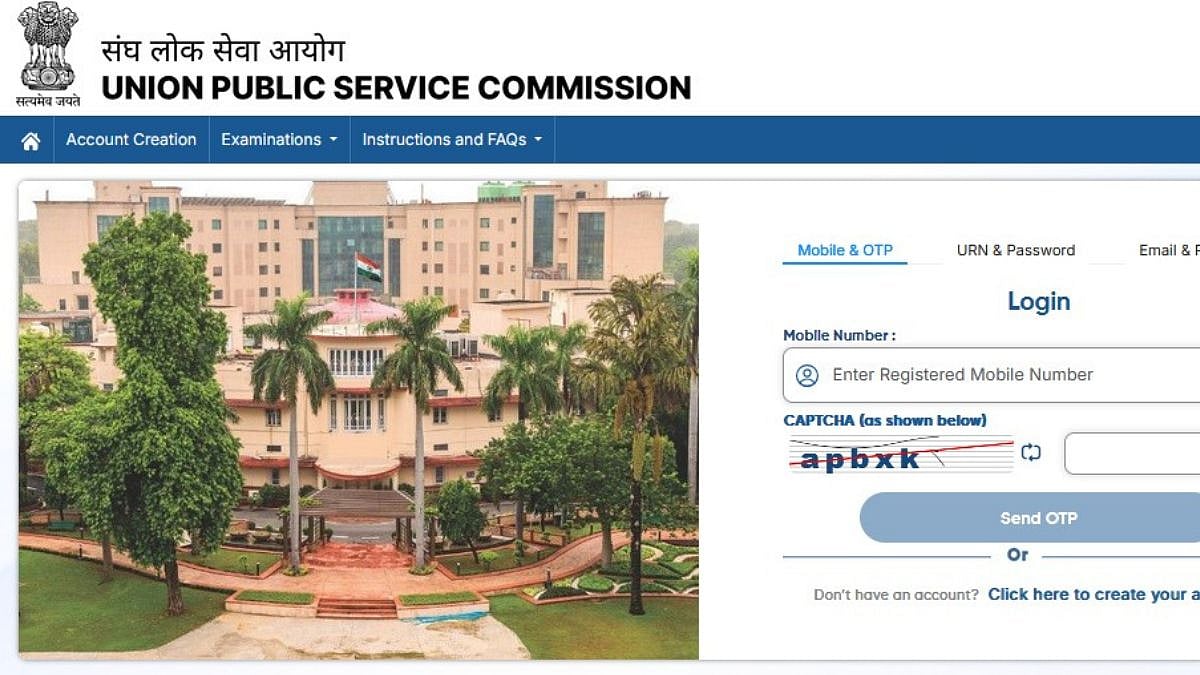Swati Vasudevan, Country Director, Khan Academy India, discusses challenges of tech adoption in schools across India, Artificial Intelligence’s role in the education space, and more. She is also a jury member for The Mumbai Schools Survey 2023. Excerpts from the interview:
What are the challenges in tech adoption across Indian schools?
Tech in schools has infrastructure limitations, lack of digital literacy among educators and students, and language barriers. The digital divide between urban and rural areas also pose challenges.
How can schools make tech more accessible in India?
Schools should invest in infrastructure, provide digital literacy training to educators and students, and adopt multilingual educational platforms.
How can schools and students use AI to their advantage?
AI can revolutionise the educational landscape, and help in adapting to each student's pace and style of learning. Lessons can be suited to individual needs, making learning effective.
These tools analyse students’ performance and allow for targeted intervention specifically designed to address these gaps.
They can automate tasks such as grading and tracking student progress, helping teachers to focus on instruction and student interaction. AI can help teachers identify areas where students may need additional support. Moreover, AI can allow teachers to cater to diverse learning needs in the classroom.
Furthermore, AI can be used to supplement classroom learning. They can provide practice exercises and resources, allowing students to reinforce what they've learned. This can deepen their understanding of complex topics and enhance their skills.
How do you see the future of tech in education across India?
Tech in education holds immense potential. The increasing penetration of the internet and smartphones has already begun to reshape the educational landscape. This digital revolution with the government's push is pushing a significant increase in the use of edtech.
Technology can bridge the accessibility gap in education. In a country as diverse as India, ensuring equal access to quality education can be challenging. However, technology can help overcome these barriers.
AI, in particular, is poised to play a pivotal role in this transformation. It can help in personalising education and tailoring learning experiences to individual student's needs and pace. This can make learning more effective and engaging, improving outcomes.











